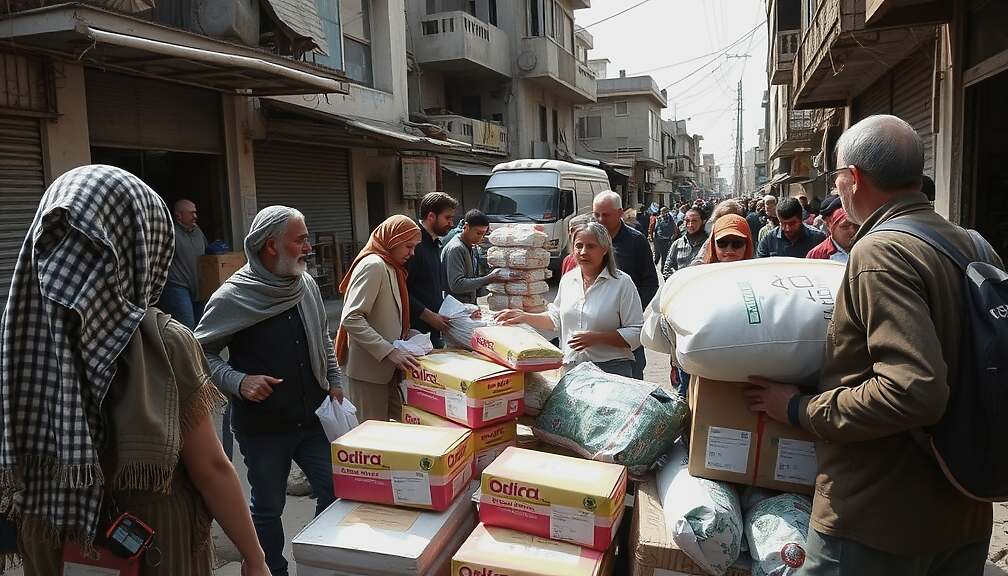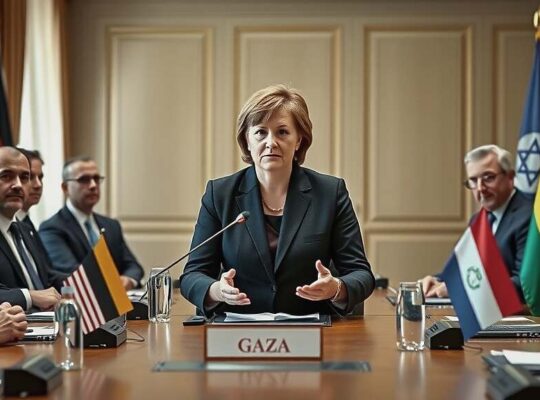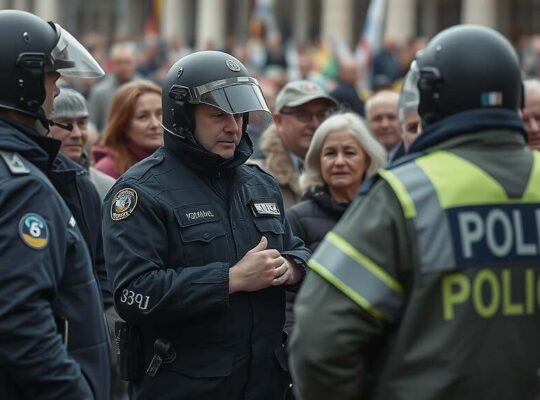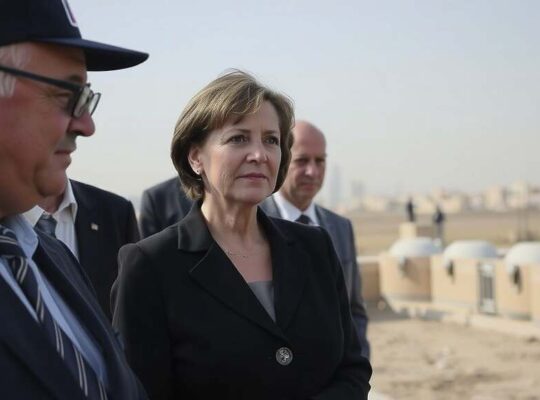The humanitarian situation in Gaza remains “dramatic” and teeters precariously on the brink of further escalation, according to Mirjana Spoljaric, President of the International Committee of the Red Cross (ICRC). In a recent interview, Spoljaric painted a bleak picture of the territory, describing Gaza as “in ruins” where “hardly a building” remains untouched and essential infrastructure has effectively collapsed, rendering it unsustainable for human life. She emphasized that any consideration of reconstruction efforts is entirely premature in the face of such profound devastation and necessitates a massive influx of humanitarian aid immediately.
Spoljaric sharply distanced herself from pronouncements by US President Donald Trump declaring an end to the conflict in the Middle East, asserting her role as the leader of a humanitarian organization mandates a perspective detached from political declarations. “I am not a politician” she stated, underscoring the gravity of the ongoing crisis and the inappropriateness of premature pronouncements.
The recent ceasefire, she cautioned, remains “fragile” and represents the ICRC’s primary concern. Spoljaric warned of a potential catastrophic outcome if hostilities resume with the intensity previously witnessed, expressing profound doubts about the possibility of eventual recovery in such a scenario. The sheer scale of suffering, she noted, has stripped countless individuals of their dignity, compounding the urgency of the situation.
Over the past weeks, the ICRC has been instrumental in negotiating the release of hostages and Palestinian prisoners, an operation that Spoljaric characterized as “extremely delicate and dangerous” revealing the immense pressure and personal toll involved. She highlighted the vital importance of sustained dialogue and a commitment to neutrality and confidentiality in dealing with all parties involved, acknowledging previous criticisms leveled against the organization, but ultimately defending their approach as uniquely effective. The ICRC’s continued ability to facilitate such critical exchanges, she argues, demonstrates the necessity of their long-standing principles.
Addressing the international community, Spoljaric issued a direct appeal for a significant augmentation of humanitarian assistance to Gaza. She voiced concern over the rising costs of operations juxtaposed with dwindling budgets, warning that without adequate funding, the ICRC’s capacity to provide essential aid will be severely compromised, further exacerbating the crisis and jeopardizing the fragile progress made. The stark reality, she implied, is that a failure to provide sufficient resources will condemn the people of Gaza to further suffering and hinder any prospect of a sustainable future.












